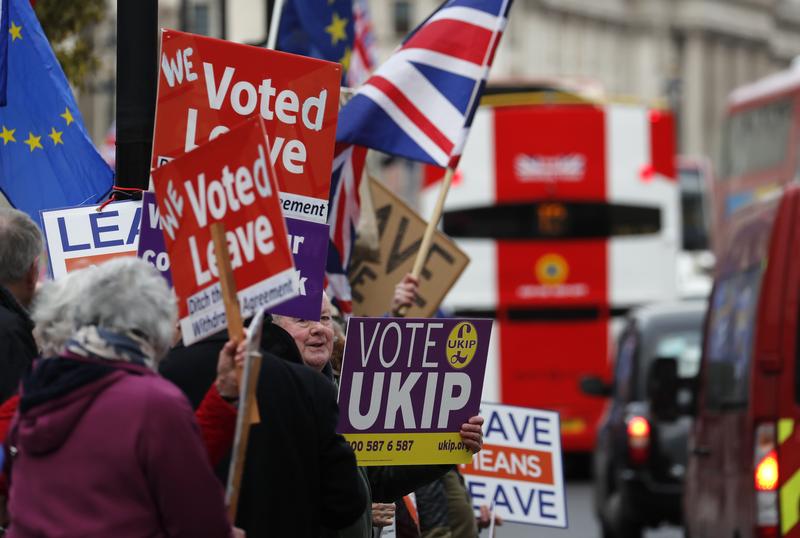
In a historic vote, the House of Commons in the United Kingdom decided decisively against a plan for exiting the European Union.
Members of Parliament voted 432 to 202 to reject Prime Minister Theresa May's Brexit deal, marking one of the largest margins of defeat in recent British history, with even many of her own Conservative party members voting against her plan. The following day, May faced, and survived, a challenge to her leadership in a no-confidence vote.
For more than two years, the British government has been negotiating how it will leave the European Union before a March 29, 2019 deadline. May has been working to craft a deal that both European Union officials and her own government will accept. But that is looking more and more impossible. Leaving the EU without any deal in place could have massively negative consequences for Great Britain, and possibly even Europe and the United States.
This week on Money Talking, Charlie Herman speaks with Edward Luce, US National Editor for the Financial Times.
